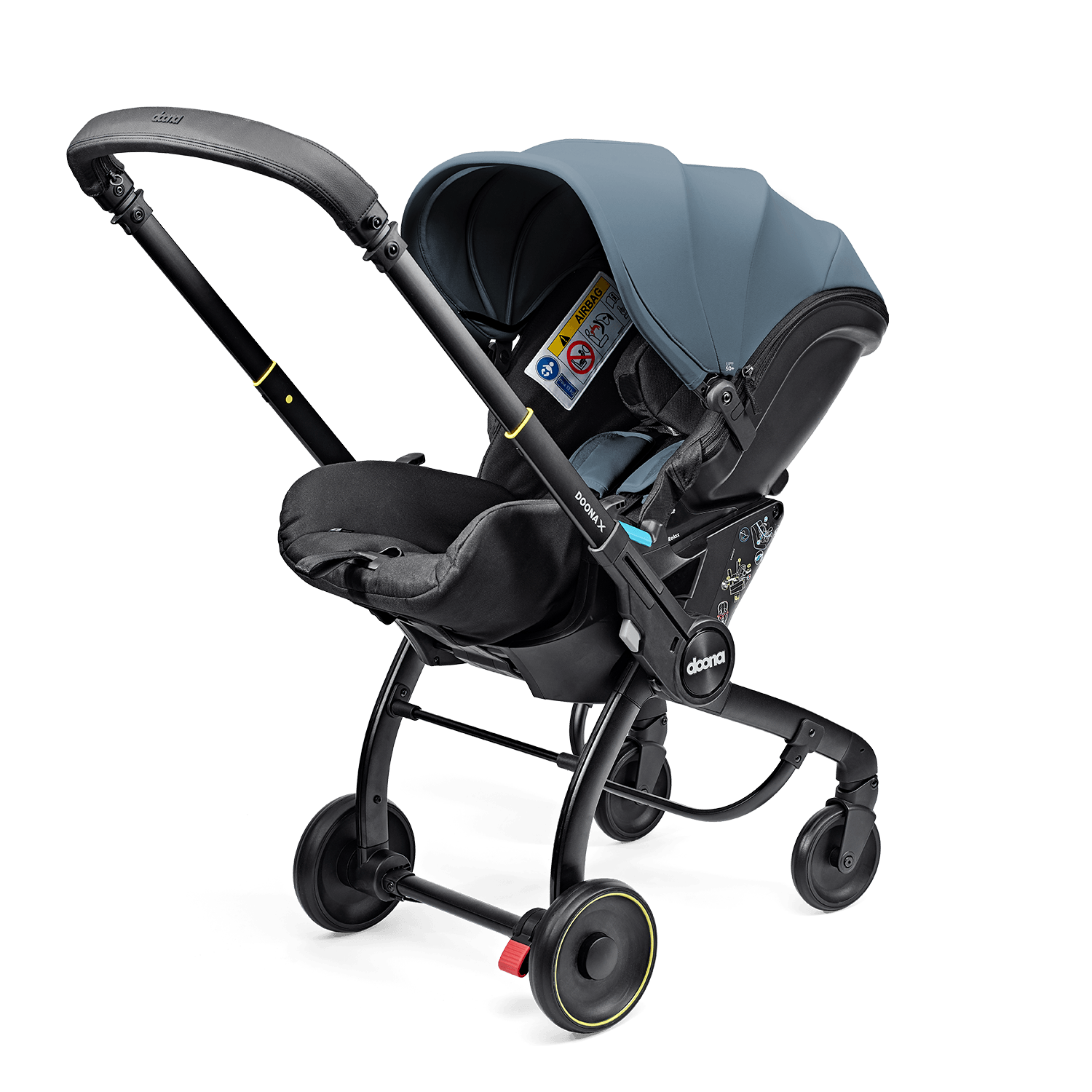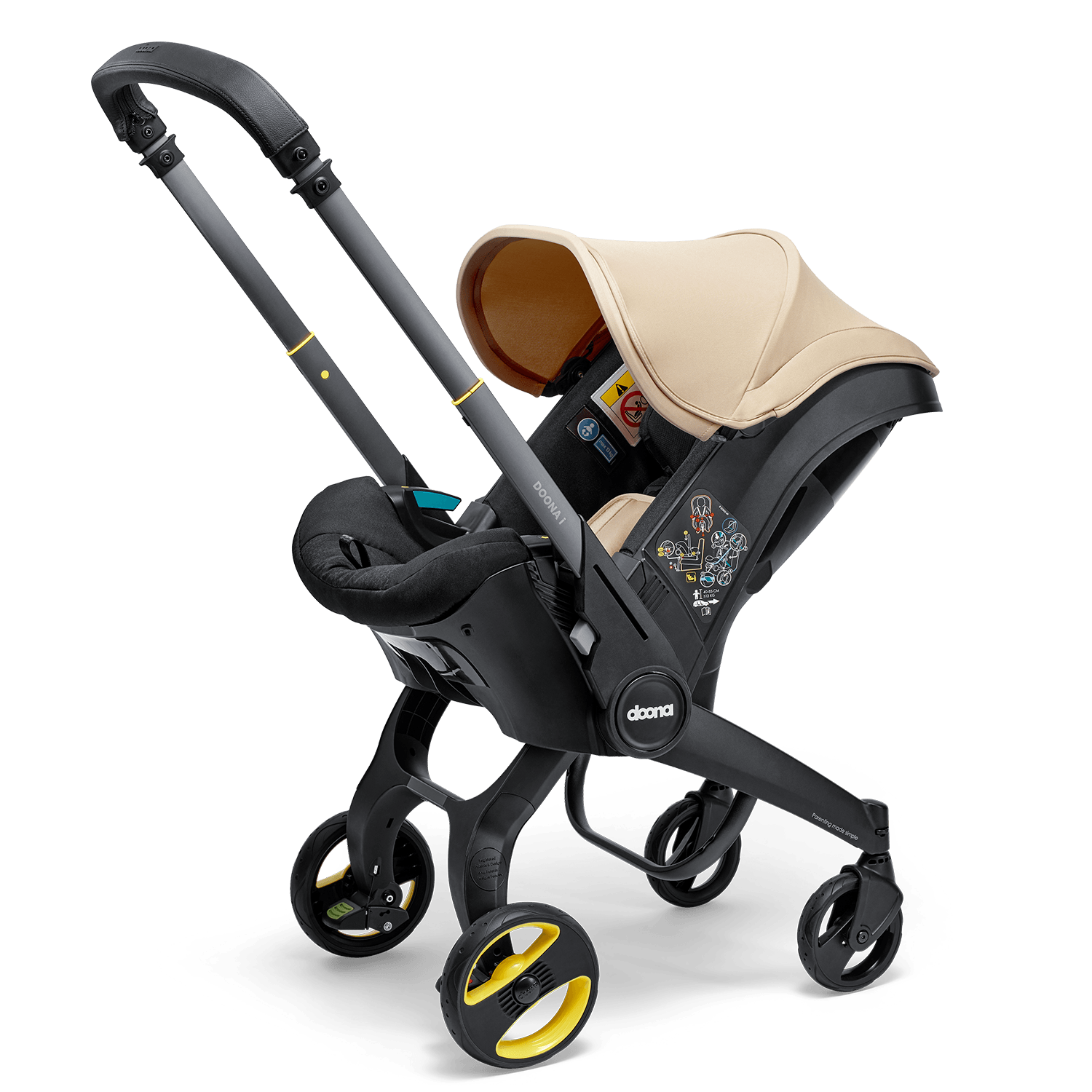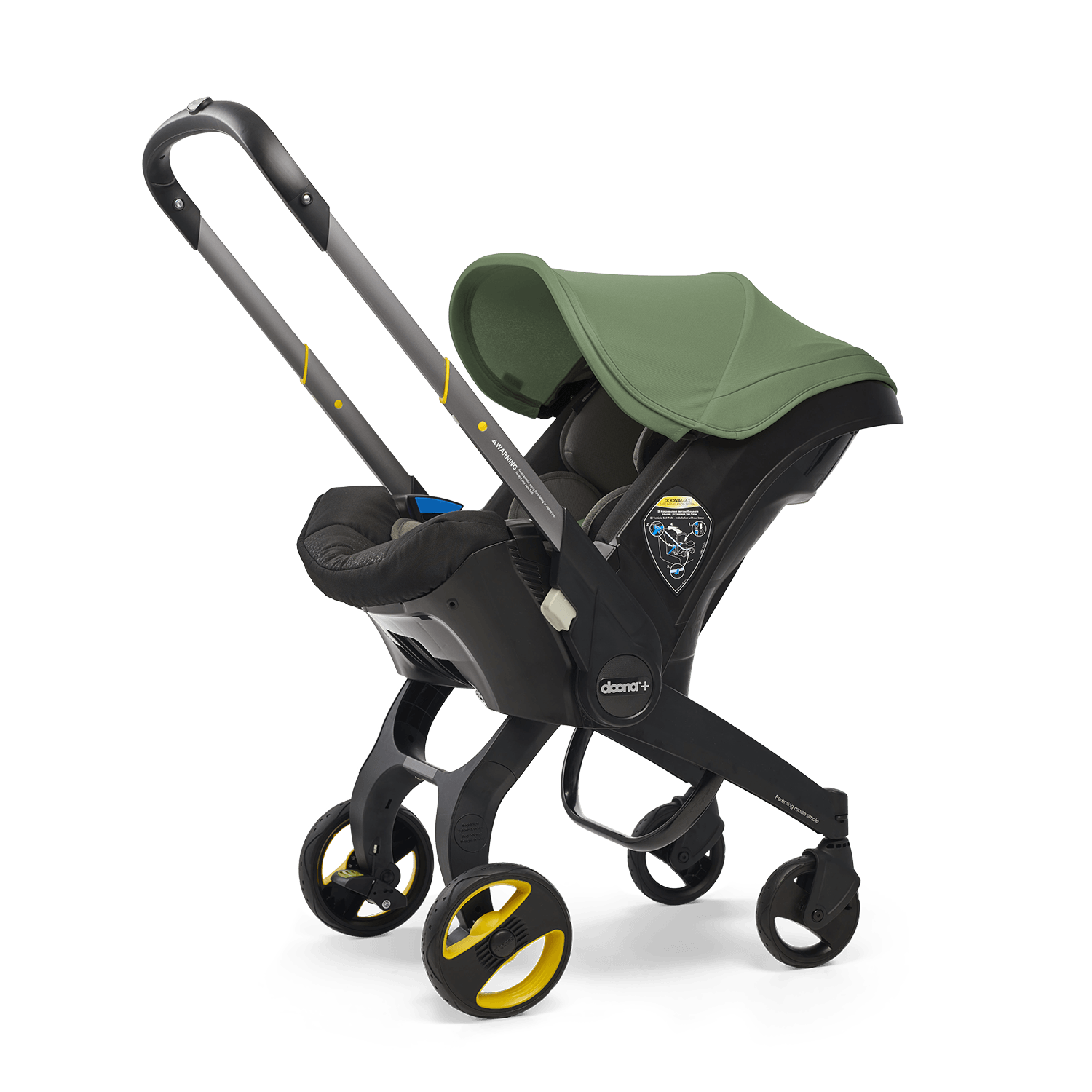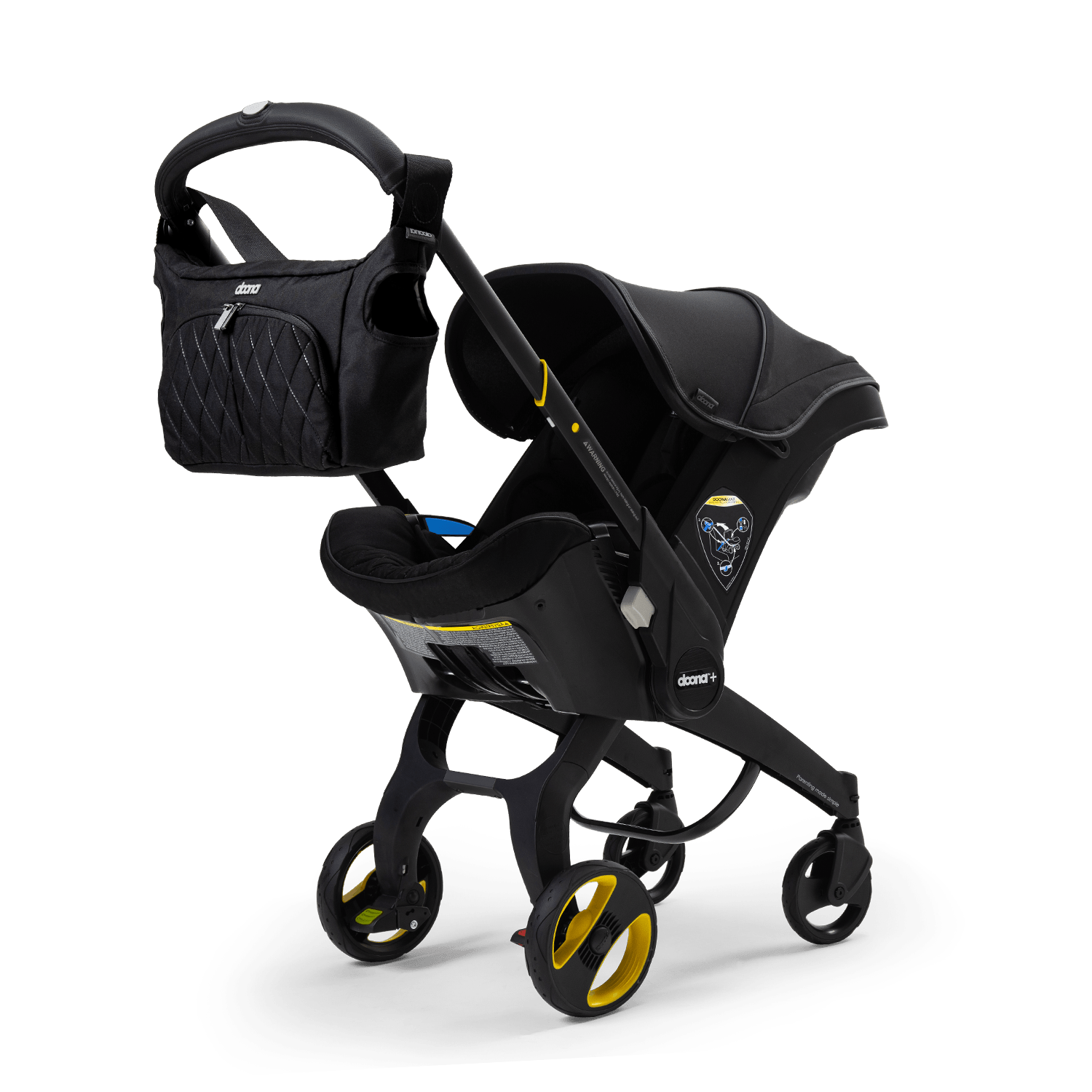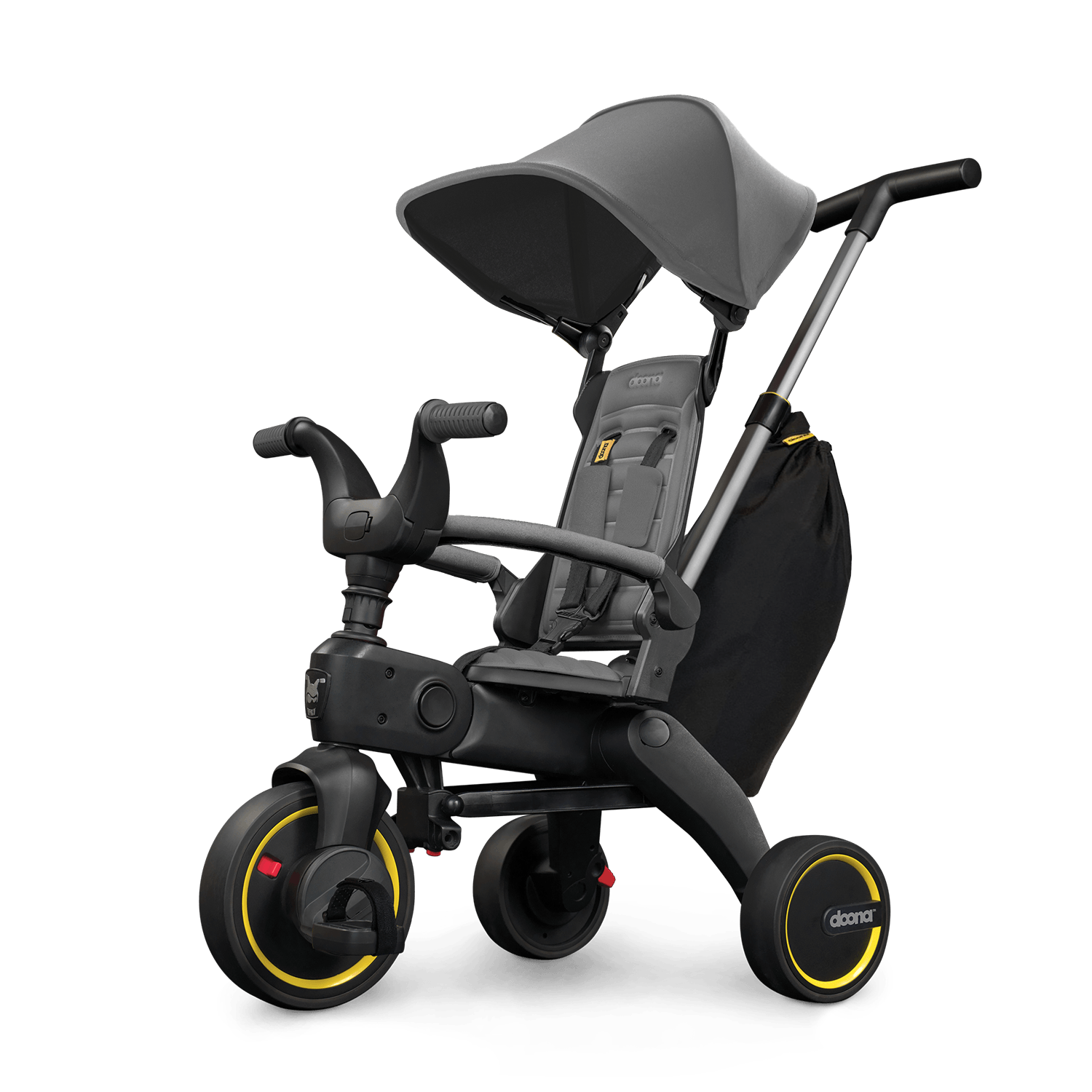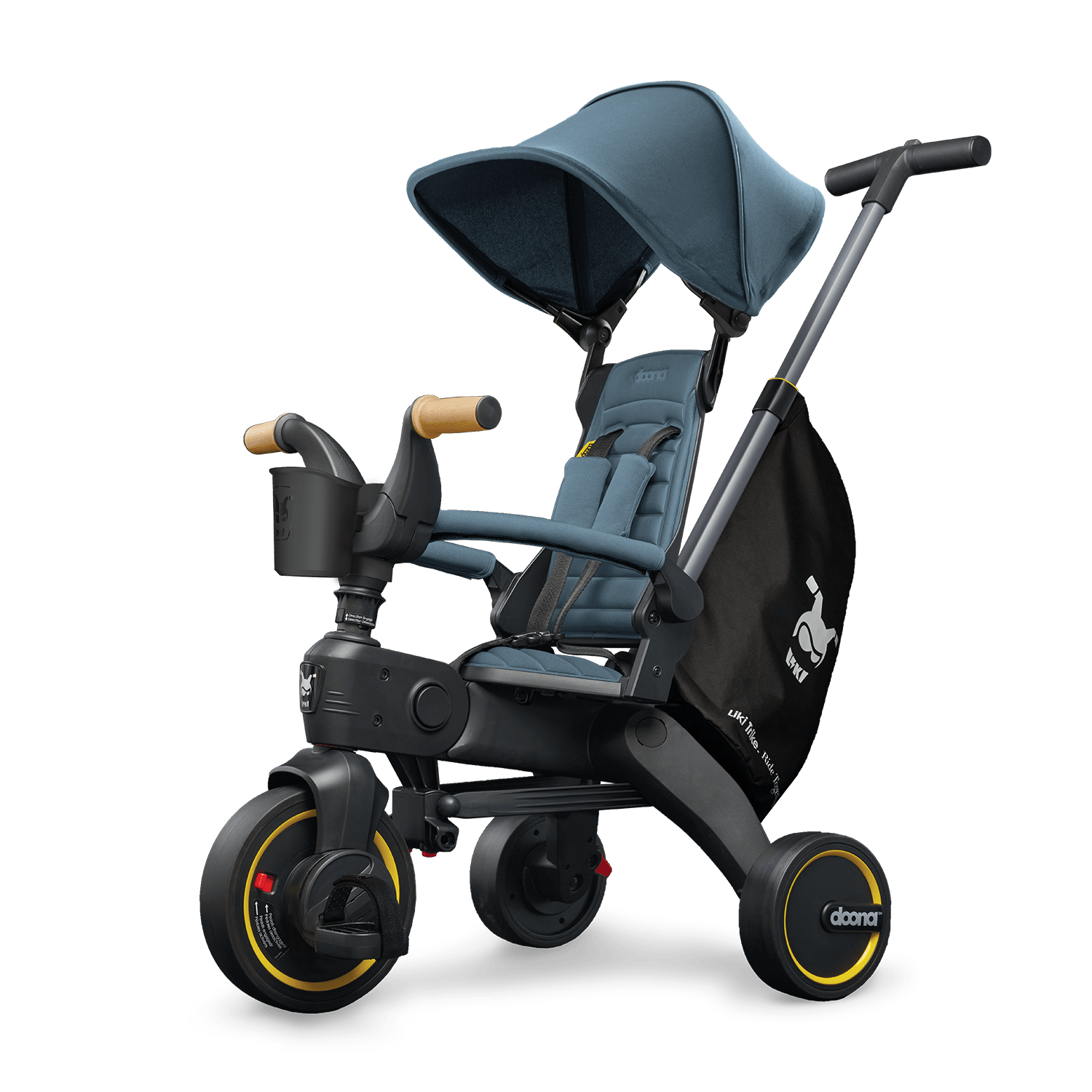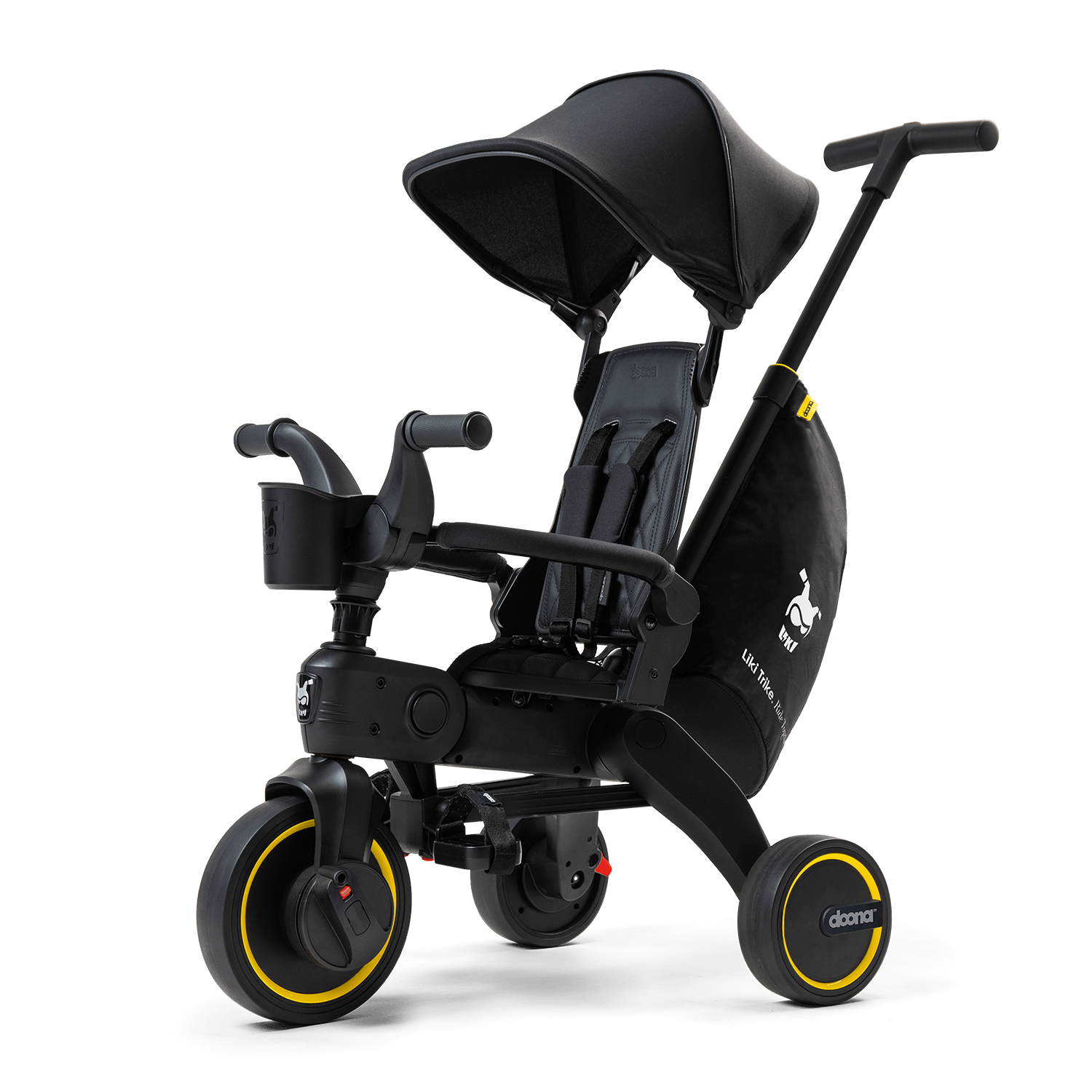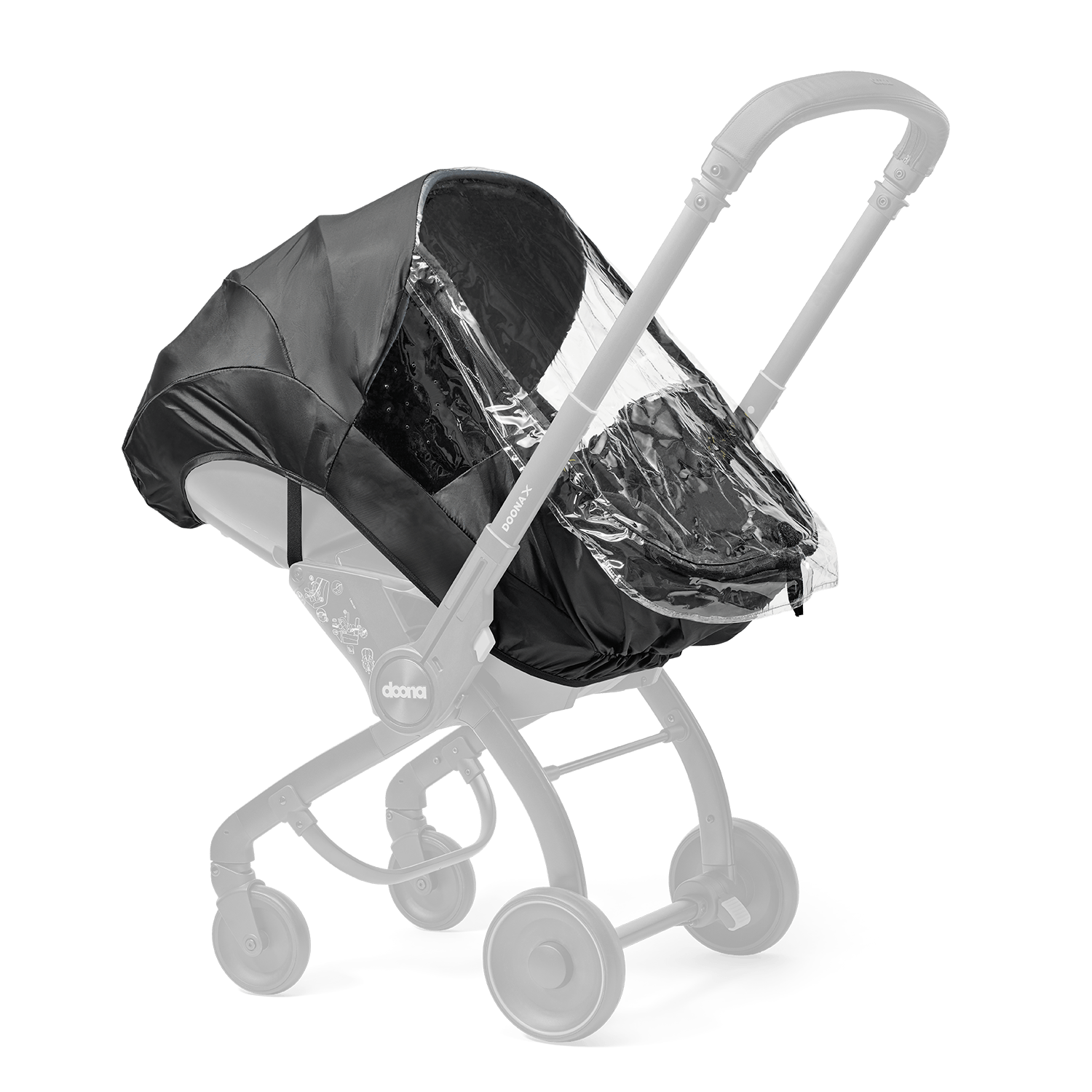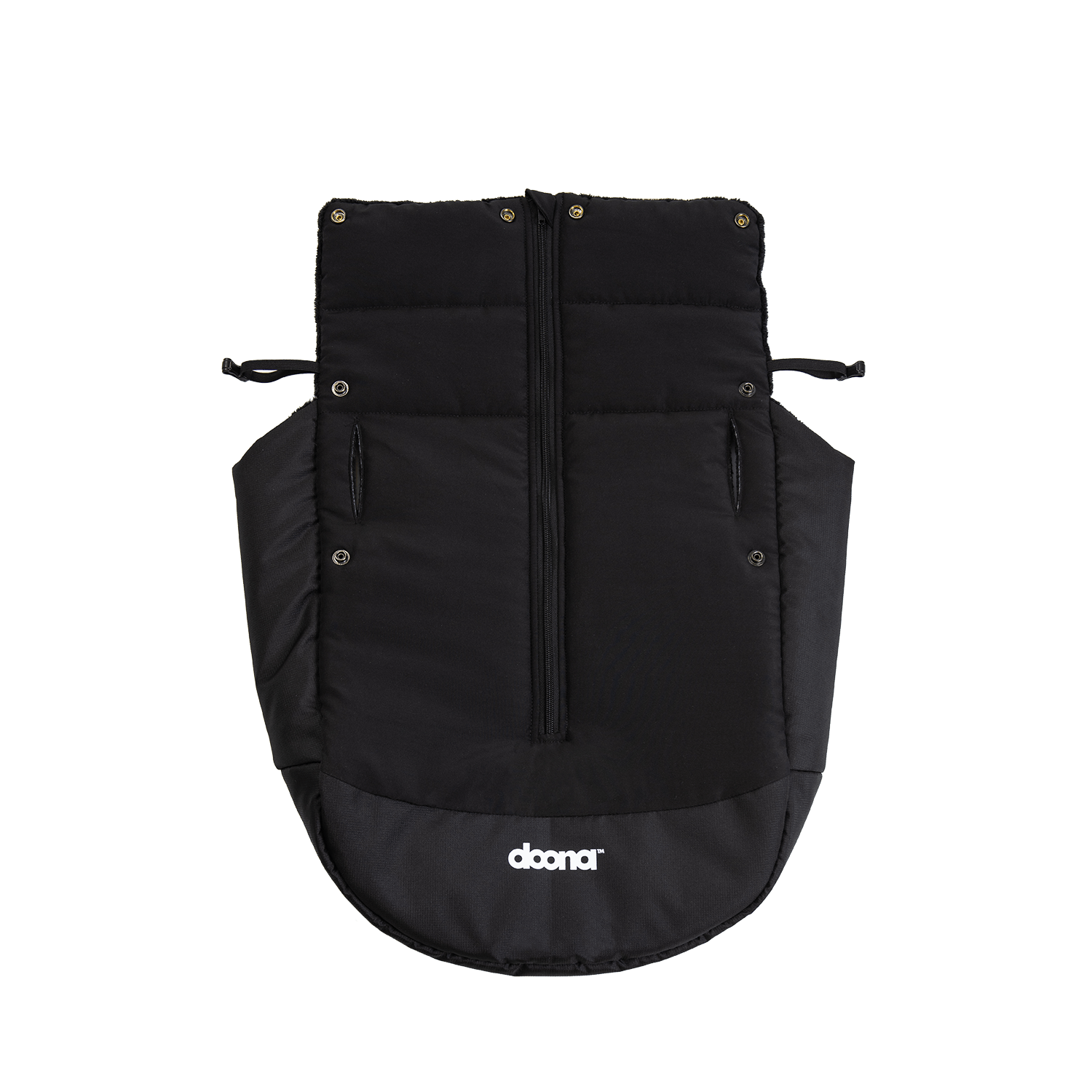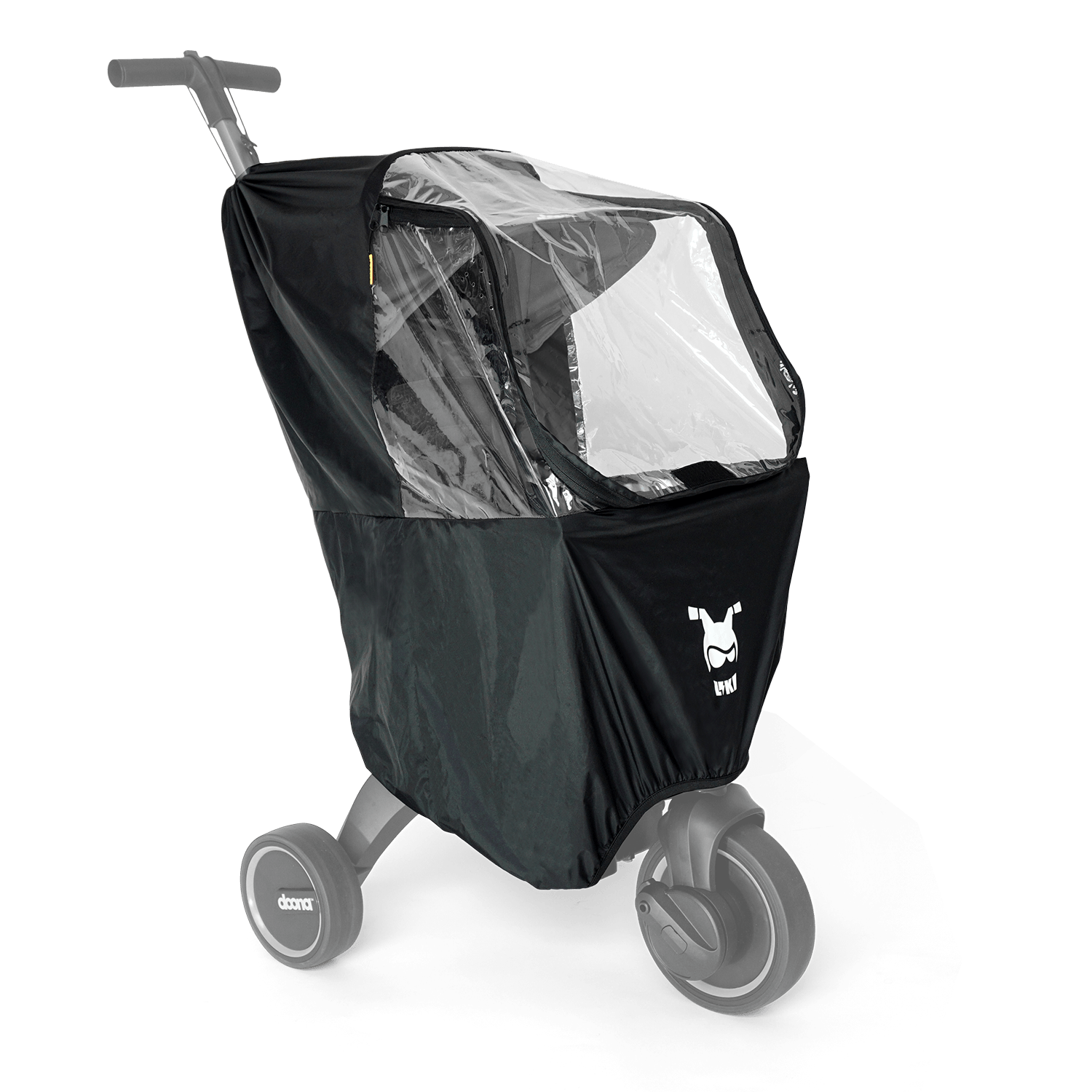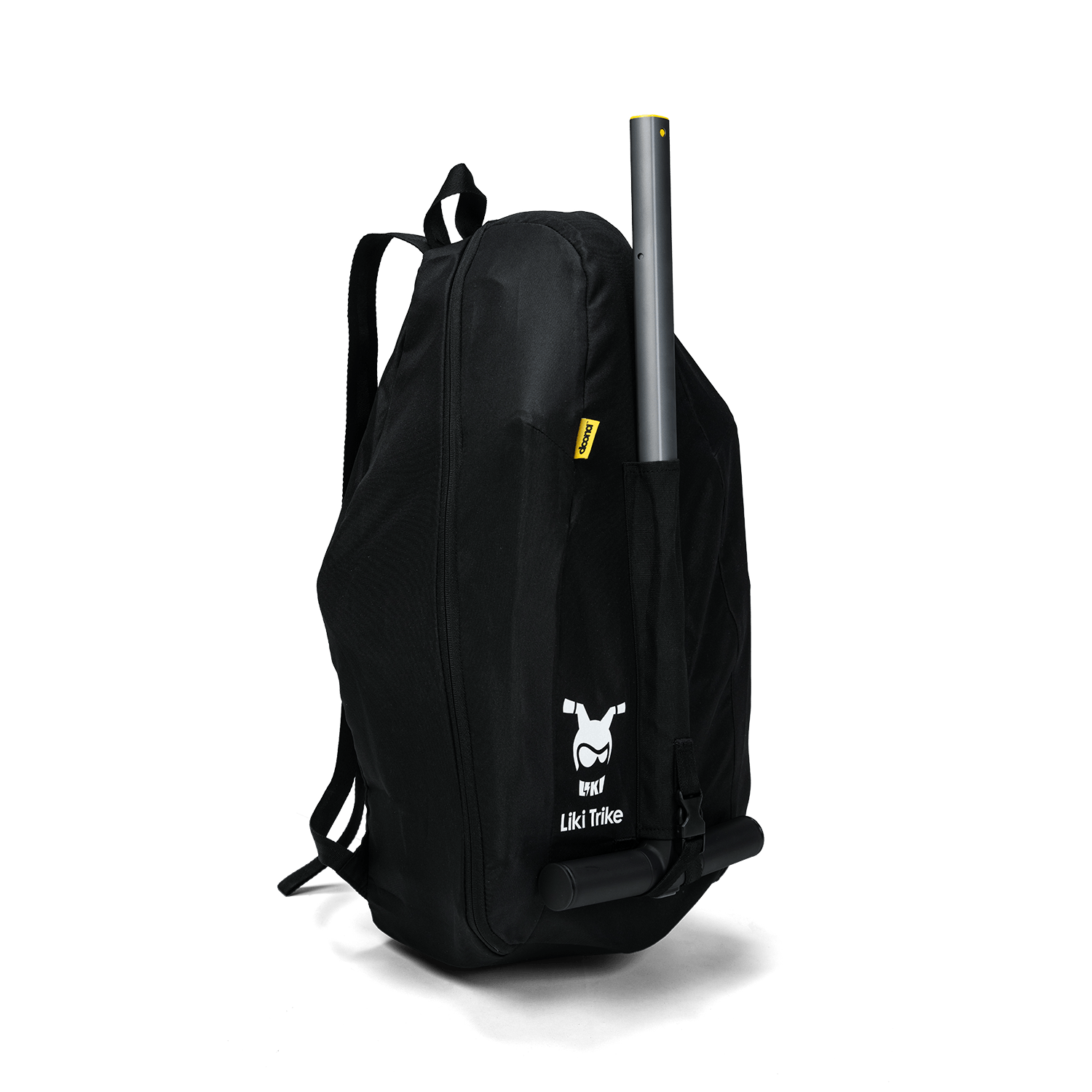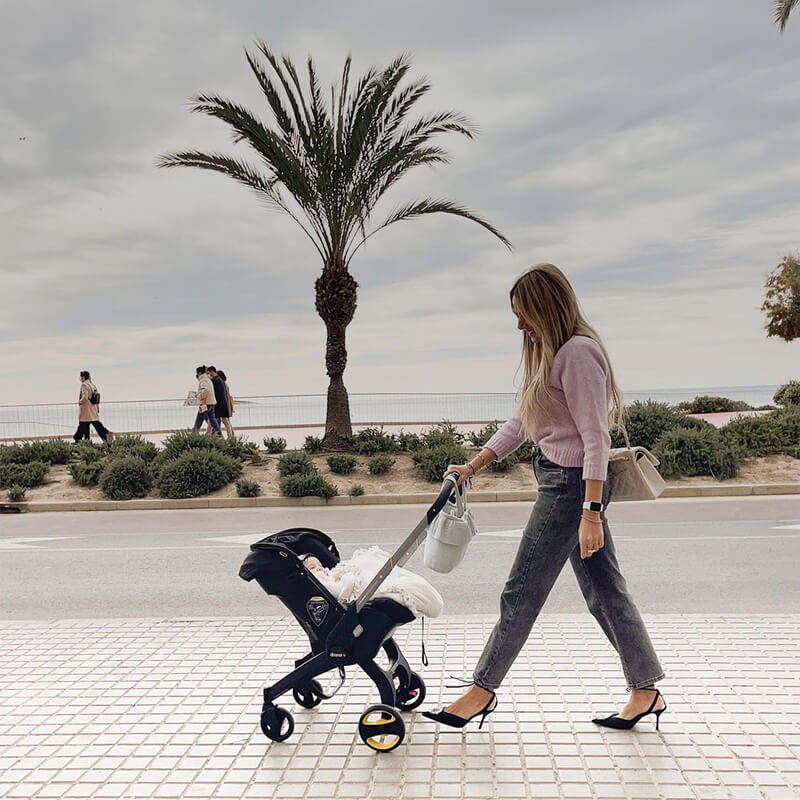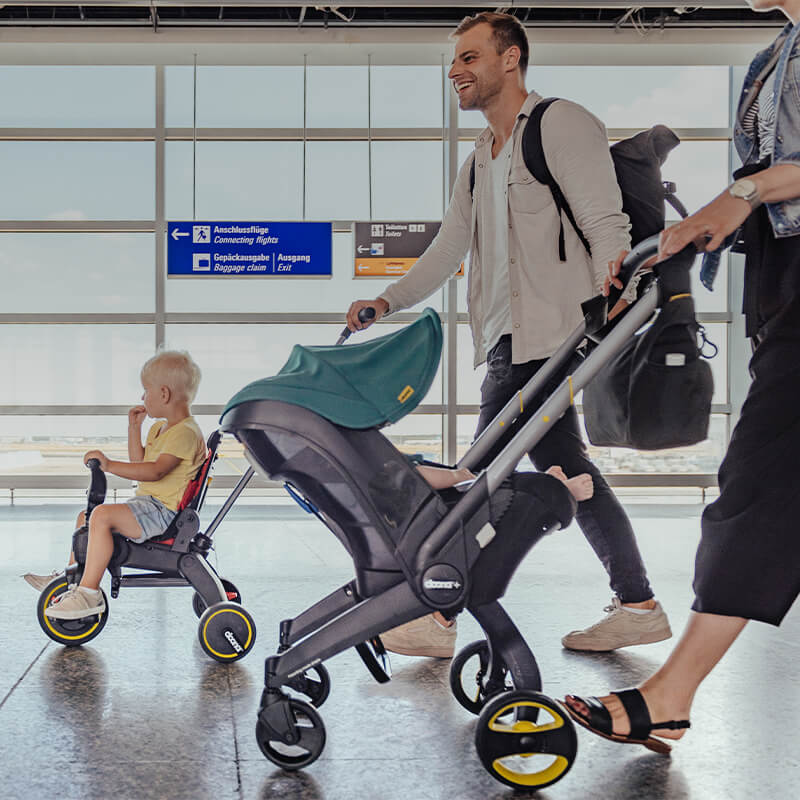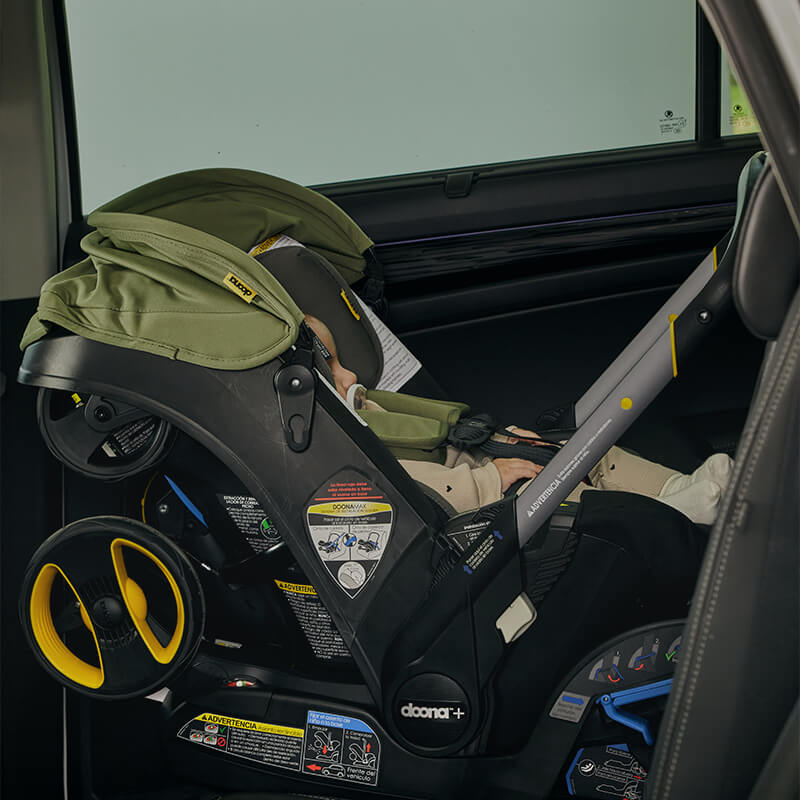Pregnancy diet: foods to eat and avoid
Pregnancy comes with an abundance of new information, including certain dietary guidelines proven to support and protect your baby’s growth and development. Needless to say, sacrificing a few of your favorite foods is a small price to pay for a happy and healthy pregnancy. Plus, there are still plenty of nutritious foods you can safely enjoy during each trimester. To help you maintain a balanced diet for both you and your baby, we’ve outlined the foods recommended for optimal nutrition, what to avoid, and tips for managing nausea throughout your pregnancy.
The best foods to eat while pregnant are nutrient-dense and full of healthy fats, promoting fetal development while also supporting the health of the mother. The following vitamins and minerals are essential for supporting a healthy pregnancy:
Folate
Iron
Calcium
Protein
Omega-3s
We’ve broken down sources of these essential nutrients by food group to help you manage your pregnancy meals with ease.
Best foods for pregnancy
Proteins
Maintaining a high-protein diet is a must for pregnant women, as it’s essential for cell growth. The following foods are all great sources of protein, as well as folate, iron, calcium, Omega 3s, and many other nutrients:
Meat
Fish
Eggs
Lentils
Edammame
Yogurt and milk
Protip: Lean cuts of beef, chicken, turkey, and lamb are all great sources of protein, as well as wild-caught fish like salmon, cod, trout, sardines, or other low-mercury options. Just make sure to cook your portion all the way through. An internal temperature of at least 160-165 degrees Farenheit will kill any bacteria present.
Grains and starches
Grains and starches keep you energized and provide important minerals that support your baby’s growth, including folate, magnesium, and iron, to name a few.
Oats
Brown rice
Buckwheat
Quinoa
Sweet potatoes
Protip: Prep grains and starches ahead of time, so you can quickly assemble nutritious grain bowls without the hassle of figuring out what to eat.
Fruit
Fruit is high in fiber, potassium, and vitamin C, which is important for keeping the immune system healthy. We recommend the following fruits for pregnancy:
Berries
Bananas
Dried fruits like dates, prunes, and apricots
Protip: Try to eat fruit with protein to avoid blood sugar spikes. Dates with nut butter, bananas in protein smoothies, or berries with yogurt are all great options that will keep you satisfied and nourished, while also mitigating any sugar cravings.
Veggies
Vegetables are powerhouses with many vitamins and minerals, including vitamin A, vitamin C, potassium, folate, and fiber, all of which are essential for both the mother’s health and the baby’s development.
Carrots
Red bell peppers
Kale
Broccoli
Cabbage
Protip: Make sure to wash veggies thoroughly before eating to avoid ingesting bacteria.
Healthy fats
Healthy fats provide energy and support for your baby’s brain development. The following foods are excellent sources of healthy fats:
Avocados
Nuts and seeds
Olive oil
Protip: Trail mix is the perfect snack to bring with you on the go, providing essential nutrients even on busy days.
Vegetarian or vegan diets
A vegetarian or vegan diet can be safe during pregnancy if it is well-planned and includes the supplements necessary for meeting the increased nutritional demands of pregnancy. It’s especially important to ensure adequate protein intake, and to monitor and supplement iron, vitamin D, calcium, iodine, omega-3s, and vitamin B12. For example, vitamin B12, which is found almost exclusively in animal products, must be supplemented through fortified foods or supplements to prevent deficiency. Of course, regular monitoring and consultation with healthcare providers is recommended to ensure the health of both the mother and baby on these diets.
Water
According to the American College of Obstetricians and Gynecologists, the recommended daily water intake for pregnant women is about 10 cups (2.4 liters). We suggest investing in a large water bottle with measurements, so you can easily keep track of how much water you’re drinking throughout the day.
Foods to avoid during pregnancy
Some foods pose a higher risk of harboring bacteria, which could be harmful to your baby. The recommended food to avoid when pregnant includes:
High-mercury fish like big-eye tuna, king mackerel, and swordfish
Rare meat
Raw seafood
Deli meats
Raw sprouts
Alcohol
“Although it is often said that a glass of wine or a beer on occasion are harmless, it’s important to know that there is no known safe amount of alcohol that can be consumed during pregnancy. It’s best to abstain from alcohol completely to remove the risk of fetal alcohol spectrum disorders (FASD), which include a range of physical, behavioral, and cognitive impairments.” —Doona’s Pediatric Medical Advisor, Dr. Ben P. MD. Before making any radical changes in your diet, always discuss with your doctor what’s best for you.
Managing nausea
There are many foods that fight nausea during pregnancy. Ginger is known for its ability to settle an upset stomach, and can be consumed in tea, candies, or even as a supplement. Crackers, toast, or plain rice are mild, starchy options that can absorb excess stomach acid and ease nausea. Staying hydrated is also essential, so sipping on cold water or clear broths can be soothing.
At Doona, we’re always trying our very best to make parenting simpler for every family. Which is also why we’ve created our innovative and revolutionary Doona Car Seat and Stroller which transforms from a car seat to a stroller in the click of a button; and Liki Trike — the most compact folding toddler trike on the market that grows alongside toddlers with five modes of use.
